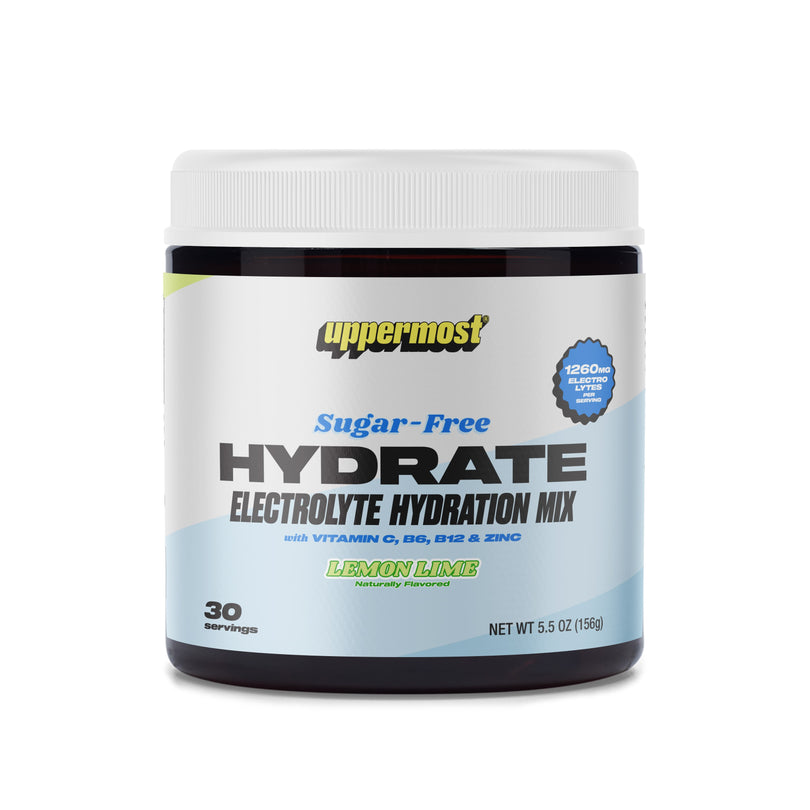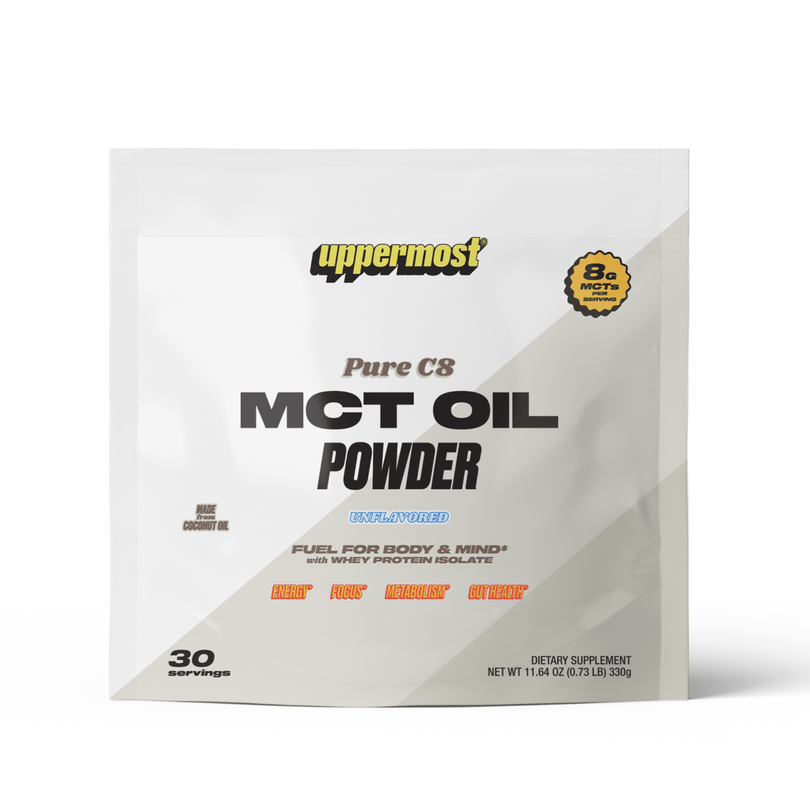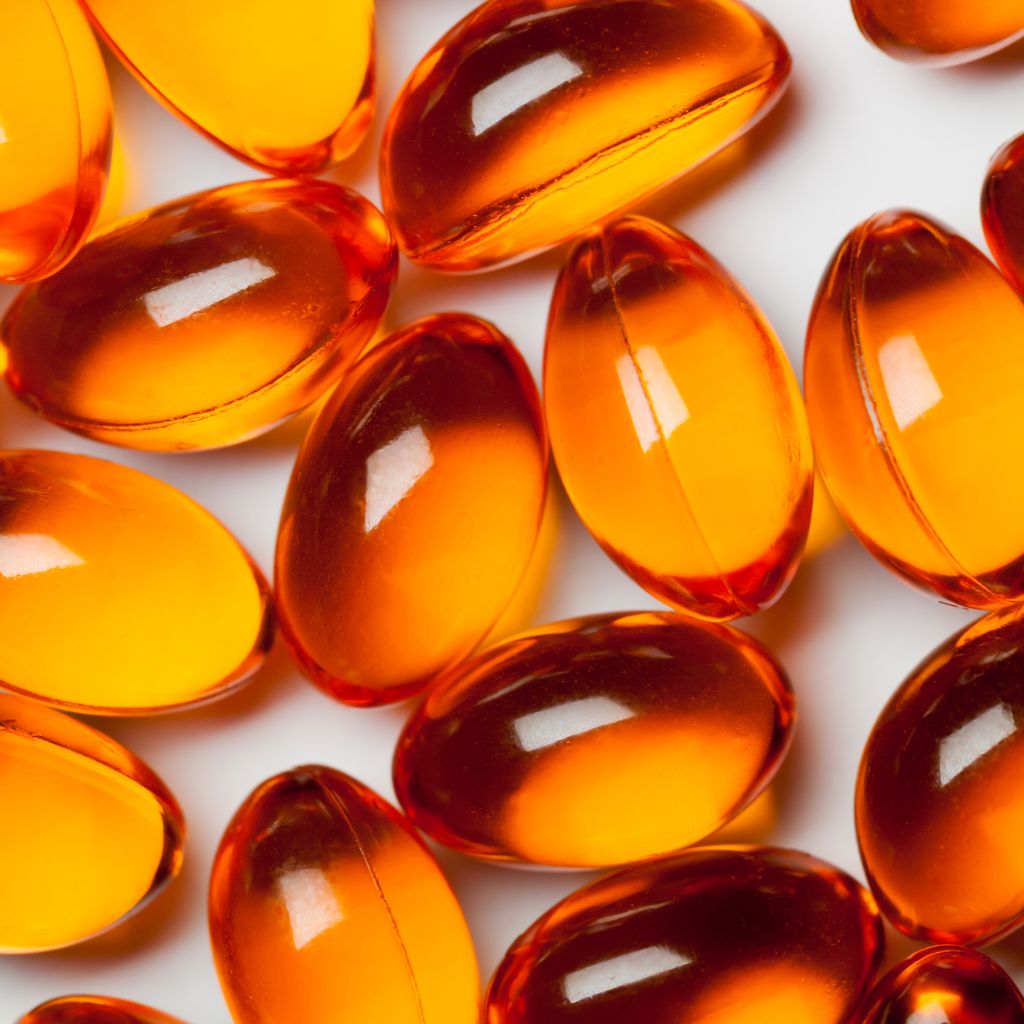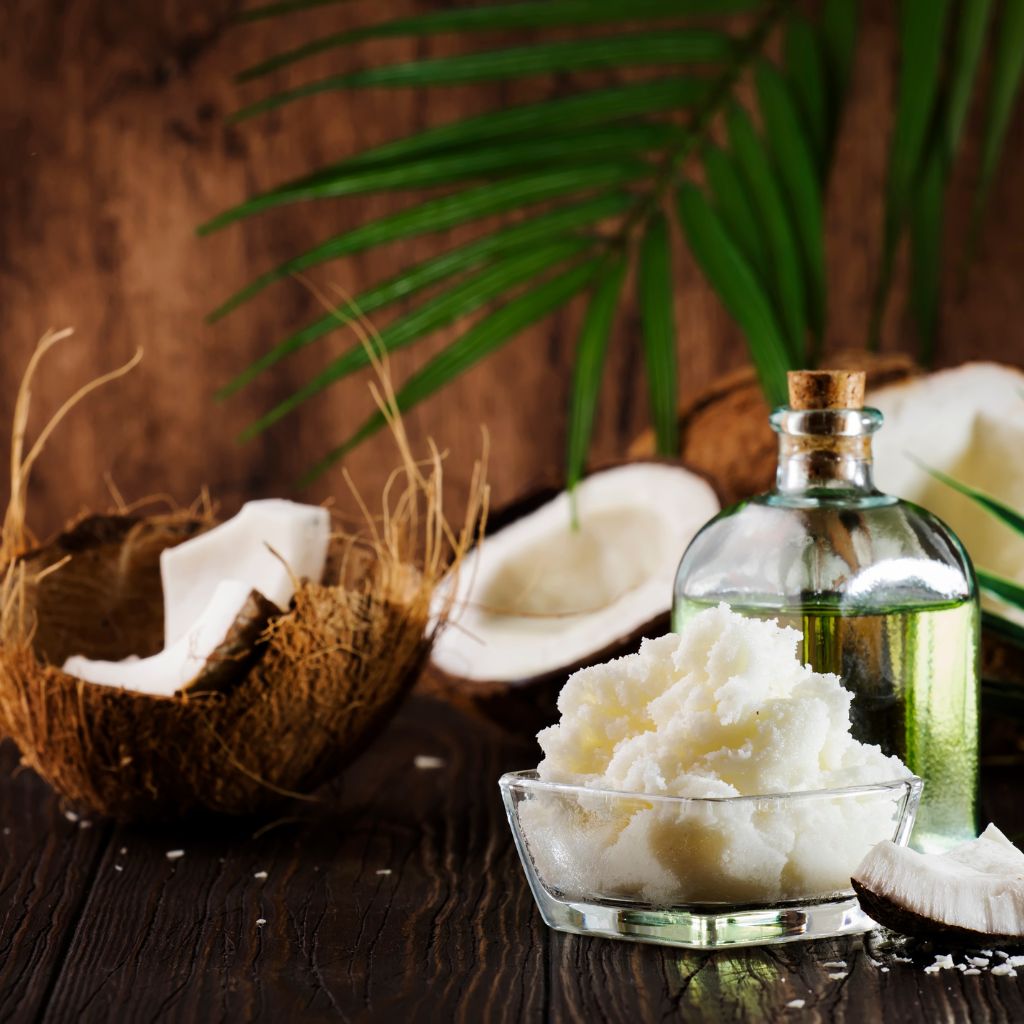Krill oil has gained significant attention in the world of nutrition and supplements for its unique omega-3 profile and additional health benefits that may surpass those of traditional fish oil. In this article, we’ll explore everything you need to know about krill oil, including its potential health benefits, how it compares to fish oil, recommended dosages, factors to consider when choosing a krill oil supplement, and more.
1. What is Krill Oil?
Krill oil is derived from tiny crustaceans called krill, primarily the species Euphausia superba, which are found abundantly in the cold waters of the Antarctic Ocean. These small, shrimp-like creatures form a vital part of the marine food chain, serving as a primary food source for whales, penguins, and other marine animals.
Krill oil is rich in omega-3 fatty acids, specifically eicosapentaenoic acid (EPA) and docosahexaenoic acid (DHA), which have been shown to support cardiovascular, brain, and joint health. Unlike fish oil, the omega-3 fatty acids in krill oil are bound to phospholipids, which may enhance their bioavailability and provide additional benefits.
2. How Does Krill Oil Work in the Body?
Omega-3 fatty acids are essential for many bodily functions. EPA and DHA, found in both krill and fish oil, are known for their anti-inflammatory properties and their role in supporting heart, brain, and joint health. The phospholipid structure of krill oil, however, makes it more water-soluble, which allows it to be more easily absorbed by the body compared to fish oil.
In addition to omega-3s, krill oil contains astaxanthin, a powerful antioxidant that helps protect cells from oxidative damage and contributes to krill oil’s natural stability, preventing oxidation.
3. The Benefits of Krill Oil
3.1 Cardiovascular Health
Krill oil has been shown to support heart health in multiple ways:
- Lowers Triglycerides: Studies suggest that krill oil can help reduce triglyceride levels, which, if elevated, are a risk factor for cardiovascular disease.
- Reduces Inflammation: The EPA and DHA in krill oil, combined with astaxanthin, help reduce inflammation in blood vessels, which can lower the risk of plaque buildup and improve overall circulation.
- Improves Cholesterol Profile: Research shows that krill oil may improve cholesterol levels by lowering “bad” LDL cholesterol and increasing “good” HDL cholesterol, both of which are essential for heart health.
3.2 Brain and Cognitive Support
The omega-3s in krill oil, particularly DHA, are essential for brain health and cognitive function. Regular consumption may benefit:
- Memory and Cognitive Performance: Omega-3s support neuronal function and communication, which are critical for memory and learning.
- Mood Regulation: Omega-3 fatty acids are known to influence mood regulation, and studies have found that EPA and DHA can be beneficial for individuals with mood disorders.
- Age-Related Cognitive Decline: Krill oil’s anti-inflammatory and antioxidant properties can help protect the brain against oxidative stress, potentially reducing the risk of cognitive decline associated with aging.
3.3 Joint Health and Inflammation
Krill oil’s high bioavailability means it can effectively reduce inflammation, which is particularly beneficial for people with joint pain and conditions such as arthritis. Studies have shown that:
- Pain and Stiffness Relief: Krill oil may reduce symptoms of joint stiffness and pain, improving mobility and quality of life.
- Anti-Inflammatory Effects: Krill oil has been found to decrease specific markers of inflammation, including C-reactive protein (CRP), which is often elevated in individuals with chronic inflammation.
3.4 Skin and Eye Health
Astaxanthin in krill oil provides antioxidant benefits for skin and eye health:
- Skin Elasticity and Hydration: Omega-3s can improve skin barrier function, moisture retention, and elasticity, making krill oil beneficial for maintaining healthy, youthful skin.
- Eye Health: The DHA in krill oil supports the structure and function of the retina and may reduce the risk of age-related macular degeneration.
3.5 Metabolic and Liver Health
Preliminary research suggests that krill oil may also benefit metabolic health:
- Supports Healthy Blood Sugar Levels: Krill oil may aid in maintaining balanced blood sugar levels, supporting overall metabolic health.
- Improves Liver Function: Studies indicate that krill oil may reduce liver fat accumulation, especially in those with non-alcoholic fatty liver disease (NAFLD).
4. Krill Oil vs. Fish Oil: Why Krill Oil May Be Superior
While both krill oil and fish oil provide omega-3 fatty acids, krill oil has unique advantages:
4.1 Bioavailability
The omega-3s in krill oil are bound to phospholipids, which makes them more water-soluble and potentially easier for the body to absorb than the triglyceride form found in fish oil. This can mean that a lower dose of krill oil provides similar benefits to a higher dose of fish oil.
4.2 Astaxanthin Content
Krill oil contains astaxanthin, a natural antioxidant that not only provides additional health benefits but also makes krill oil more stable, reducing the risk of oxidation, which is a common problem with fish oil.
4.3 Fewer Contaminants
Krill are lower on the food chain and harvested from the pristine waters of the Antarctic, which minimizes their exposure to heavy metals and other pollutants. This results in a purer oil that typically requires less processing than fish oil.
4.4 Sustainability
Krill harvesting is highly regulated, and companies are generally required to adhere to strict sustainability practices. Krill populations are abundant, and responsible harvesting ensures the long-term health of the marine ecosystem.
5. Supplementation: How to Take Krill Oil
5.1 Recommended Dosage
The recommended dosage of krill oil typically ranges from 500 to 1000 mg daily. However, the ideal dosage may vary depending on individual needs and health goals:
- Heart Health: 500-1000 mg per day can be effective for cardiovascular support.
- Joint and Inflammatory Health: Higher doses, such as 1000 mg, may be beneficial for those with joint pain or arthritis.
- Cognitive Health: A daily intake of 500 mg is usually adequate for cognitive support.
It’s always best to consult a healthcare provider for personalized dosing recommendations, especially for higher doses.
5.2 When to Take Krill Oil
Krill oil can be taken at any time of day, but taking it with a meal that contains some fat may improve absorption. Consistency is key, so aim to take it daily at the same time.
6. Choosing a Quality Krill Oil Supplement: What to Look For
Not all krill oil supplements are created equal, so it’s essential to know what to look for when choosing a high-quality product:
6.1 Source and Purity
Look for krill oil sourced from sustainable fisheries in the Antarctic. A reputable product should be certified by the Marine Stewardship Council (MSC) to ensure sustainable and ethical harvesting practices.
6.2 High Phospholipid Content
The phospholipid content in krill oil is one of its main benefits, so choose a supplement with a high phospholipid percentage for optimal absorption and efficacy.
6.3 Astaxanthin Content
Since astaxanthin is a key antioxidant in krill oil, look for a product that specifies its astaxanthin content, usually around 1-1.5 mg per serving.
6.4 Low Oxidation Levels
Krill oil is less prone to oxidation than fish oil, but it’s still wise to check the expiration date and avoid products that have been exposed to excessive heat or sunlight.
6.5 Capsule Quality
Choose a product with capsules that are easy to swallow, often in a soft gel form. Some krill oil products are enteric-coated to prevent any “fishy” aftertaste.
6.6 Third-Party Testing
Look for a supplement that has been third-party tested for purity and potency, which ensures it’s free from contaminants such as heavy metals, PCBs, and other pollutants.
7. Potential Side Effects and Precautions
Krill oil is generally well-tolerated, but some people may experience mild side effects, including:
- Digestive Issues: Some individuals may experience stomach discomfort, bloating, or nausea.
- Fishy Aftertaste: This is less common with krill oil than fish oil, but it can still occur in some cases.
- Allergic Reactions: People with shellfish allergies should avoid krill oil, as it may trigger an allergic response.
8. Frequently Asked Questions about Krill Oil
Is krill oil safe for everyone?
While generally safe, those with shellfish allergies, pregnant or breastfeeding individuals, and people on blood-thinning medications should consult a healthcare provider before taking krill oil.
How does krill oil compare to plant-based omega-3s?
Plant-based omega-3s, like those from flaxseed, contain alpha-linolenic acid (ALA), which the body must convert to EPA and DHA, often inefficiently. Krill oil provides EPA and DHA directly in a highly bioavailable form.
Can I take krill oil with other supplements?
Yes, krill oil can be taken alongside most other supplements, but consult a healthcare provider if combining it with other omega-3 supplements to avoid excessive intake.
Final Thoughts
Krill oil offers an impressive range of health benefits that may even surpass those of traditional fish oil due to its superior bioavailability, antioxidant content, and reduced risk of contaminants. Whether supporting heart health, cognitive function, or joint mobility, a quality krill oil supplement can be a valuable addition to a wellness routine.
When selecting a supplement, prioritize quality, purity, and sustainability. Uppermost's krill oil, for instance, is crafted with these principles in mind, ensuring a reliable choice for those seeking the unique benefits of krill oil.






